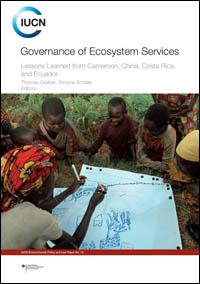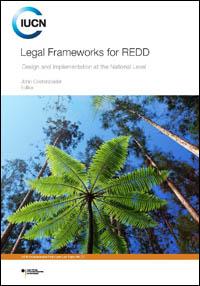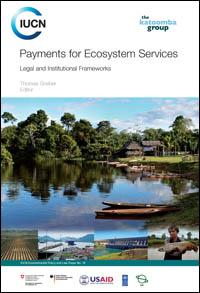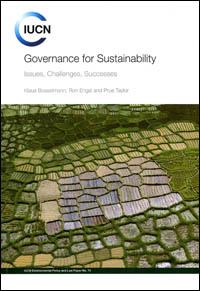Our work in national legal systems
Over the last five decades extensive legal frameworks have been developed to ensure environmental sustainability. However, ecosystems and natural resources continue to decline at an alarming rate, while environmental challenges like climate change and species loss accelerate. This raises questions of implementation and legal effectiveness and governance structures in the environmental context and highlights the importance of their development need within a constantly changing environment.
To respond to these needs the üСÜꪤüýò¢ˆ§Ý§Ã¿«üø°ÀøÝýË Environmental Law Team (ELT) works in advancing the conceptual development of international and national environmental law through the production of guidelines, assessments, and surveys of trends in the field, and provides experts analysis of and recommendations for its further development.
Major guidelines were produced as part of its Environmental Policy and Law Paper Series (EPLP) such as the:
- Explanatory Guide to the Convention on Biological Diversity
- Explanatory Guide to the Cartagena Protocol on Biosafety
- Accessing Biodiversity and Sharing the Benefit
- Legal and Institutional Frameworks for Sustainable Soils
- Explanatory Guide to the Nagoya Protocol on Access and Benefit-sharing
- Guidelines for Protected Areas Legislation
- The Legal Aspects of Connectivity Conservation
- Governance for Sustainability
- Conservation with Justice
- Legal Frameworks for REDD
- Payment for Ecosystems Services
- Governance of Ecosystem Services
- Framework for Assessing and Improving Law for Sustainability
- Integrated planning
- Water Governance and Rights-based Approaches to Conservation
- Governance for ecosytem-based adaptation.
The ELT provides technical assistance upon request to States and non-state actors on a broad range of legal issues relating to the improvement of legislation and their implementation in fields like species, protected areas, water, climate change, coastal and marine areas and resources, etc.
We assist decision makers at multiple levels with legal assessments, advisory services, legislative drafting, and mentoring.
Over the years, examples of States recipients of technical assistance include Argentina, Armenia, Azerbaijan, Brazil, Burkina Faso, Cameroon, Chile, Colombia, Congo, Costa Rica, Ecuador, El Salvador, Eritrea, Ethiopia, Gambia, Georgia, Guatemala, Guinea-Bissau, Honduras, Indonesia, Kazakhstan, Kenya, Lebanon, PanamûÀ, Peru, the Philippines, South Africa, Saudi Arabia, Solomon Islands Swaziland, Tanzania, Uganda, Vietnam, Zambia, to cite but a few.
To enhance our legal services, we have always tried to strengthen local and regional capacities for environmental law, governance and diplomacy through legal studies, training courses and capacity building initiatives.










